-
CWJ petitioned the Supreme Court to rehear the case of a woman whose conversion was cancelled after her husband claimed, during divorce process, that she did not keep mitzvoth. The Supreme Court held in its original decision that the Special Conversion Court can reach the conclusion that a conversion was entered into under “false pretenses” and have jurisdiction to cancel a verdict given by them. The petition for rehearing by an expanded Supreme Court was rejected.
-
As the result of a CWJ Supreme Court Petition,a rabbinic court reverses its decision barring a custodial mother from bringing her children into contact with her female partner.
-
A CWJ legal action results in Supreme Court limitation of the rabbinate’s use of a law designed to protect Israelis residing abroadwho arechained to unwanted marriages. The rabbis had applied the law to detain a South African woman in Israel, in the hopes of forcing her to comply with her husband’s terms for granting a get. The Supreme Court disallowed use of the law in relation to civil matters.
-
A CWJ client receives her get after 12 years, despite a rabbinic court’s refusal to carry on get proceedings unless she dropped her tort case against her husband. This victory reinforces the reality that if a husband is willing, the get process proceeds unimpeded, even in the face of rabbinic court threats.
-
CWJ joins the fight against government sanctioned-exclusion of women, extracting a promise from the Ministry of Tourism not to tolerate the exclusion of women at Lag B’Omer events in Meron.
- A CWJ Supreme Court petition successfully pushes back on the jurisdictional overreach of the rabbinate. The issue centered on use of mikvahs (ritual baths), which fall under rabbinic authority and are publicly funded in Israel. In compliance with the Court, the rabbis issued directives prohibiting mikvah attendants from asking intrusive questions that violate a client’s right to privacy and freedom of conscience.
- In response to a CWJ petition, the Supreme Court forces the rabbinate to issue clear directives regarding procedures for placement on the State-held “adulterers” list. This constitutes a critical change from the status quo, and a significant move toward transparency requirements.
